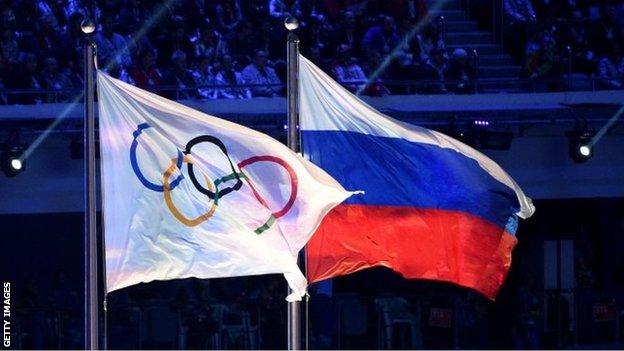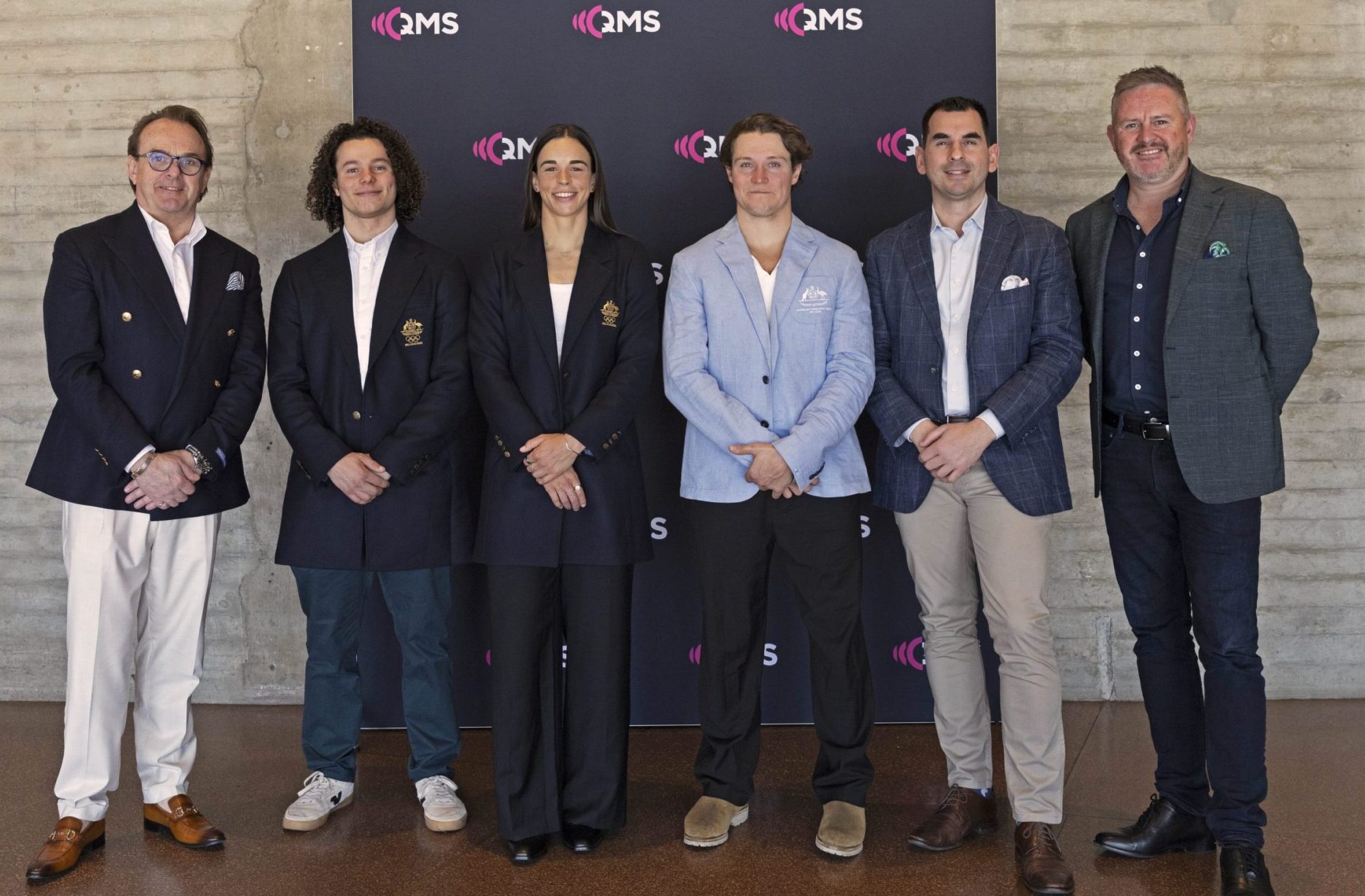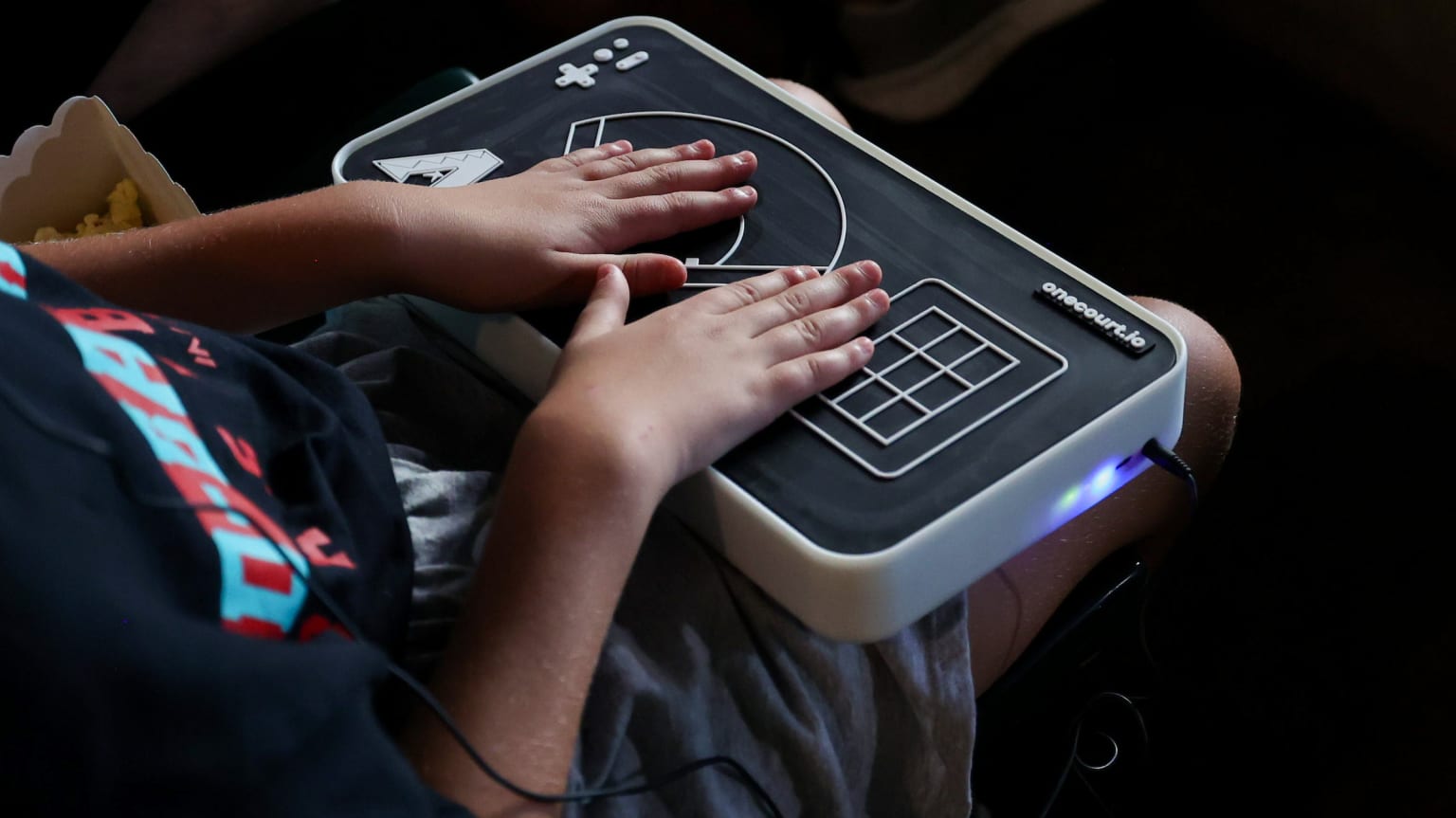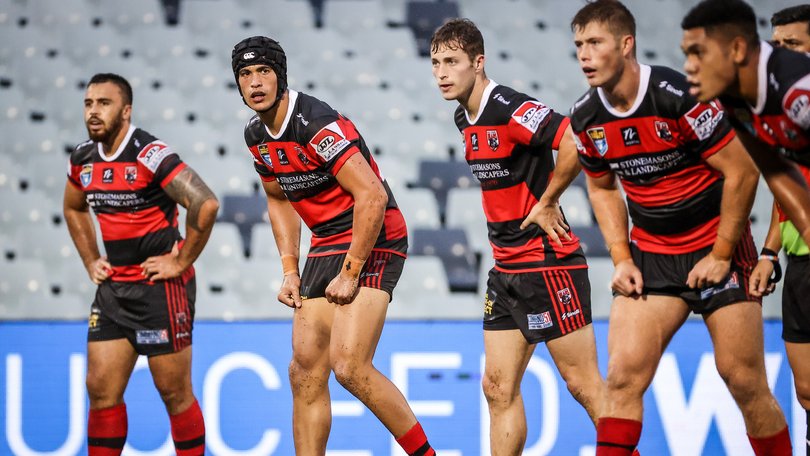[mkdf_dropcaps type=”normal” color=”#f55549″ background_color=””]R[/mkdf_dropcaps]
ussia has been accused by the Court of Arbitration for Sport (CAS) of orchestrating “a cover-up of the cover-up”, and has justified their decision to reduce Russia’s ban on major sporting events from four years to two.
The ban on Russia was initially imposed based on the WADA Review Committee’s findings that Moscow had tampered with doping data from the RUSADA lab, which was then given to investigators in January of 2019.
Full disclosure of all data from the Moscow laboratory had been a key condition of Russia’s controversial reinstatement by WADA in September of 2018.
Former Russian Sports Minister, Pavel Kolobkov, accredited the data inconsistencies to technical issues.
Following a state-sponsored doping scandal involving the manipulation of data; the Russian Anti-Doping Agency (RUSADA) appealed the World Anti-Doping Agency (WADA) decision to impose a four-year suspension in December 2019.
The CAS halved Russia’s ban down to two years in their ruling which took place last month, this will mean Russia misses the Tokyo Olympics and Beijing Winter Games, with the ban lifted on December 16 of 2022.
The decision was announced in a total of 186 pages, with the CAS denouncing Russia and highlighting the ways in which the authorities changed, deleted, and manipulated data even after agreeing to share it with WADA in its original form.
The panel stated that: “It will never be possible to know the number of cheating athletes or officials who may have escaped detection.
“The manipulations show that the Russian authorities remain as willing as ever to interfere with, and corrupt, the anti-doping system.”
The panel also commented on their decision, stating that they had decided to cut the ban in part due to the fact that WADA had only intended for it to include one summer and one winter game, but the four-year ban would have included Paris 2024.
Due to the COVID-19 pandemic, the IOC was forced to delay the Tokyo Olympics to 2021 and CAS commented that the reduction in the ban would also be helpful in avoiding further disruptions “particularly in the light of disruption occasioned by the COVID-19 pandemic.”
The panel wrote: “Further, the panel acknowledges that imposing severe consequences upon an entirely new generation of Russian athletes may go further than necessary to achieve the objectives of the WADA sanctioning rules.”
“This Panel has imposed consequences to reflect the nature and seriousness of the non-compliance [to the WADC] and to ensure that the integrity of sport against the scourge of doping is maintained.
“The consequences which the Panel has decided to impose are not as extensive as those sought by WADA.
“This should not, however, be read as any validation of the conduct of RUSADA or the Russian authorities.
“In making its orders, the Panel is limited by the powers granted under the applicable law, in particular, the WADC and the ISCCS.
“It has considered matters of proportionality and, in particular, the need to effect cultural change and encourage the next generation of Russian athletes to participate in clean international sport,” the CAS Panel said.
CAS also allowed for Russian athletes to compete as neutrals in Tokyo and Beijing, rather than competing for their country.







